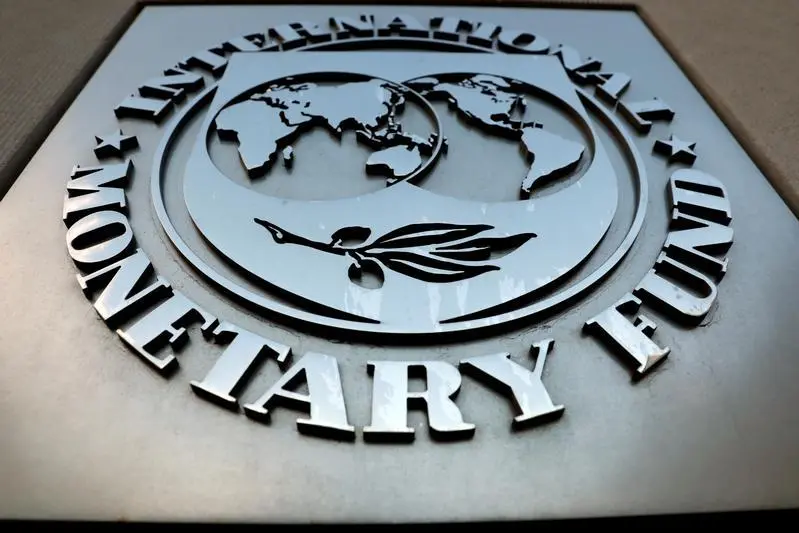PHOTO
WASHINGTON- The COVID-19 pandemic reversed a steady decline in global current account imbalances in 2020 as massive deficit aid spending in advanced countries combined with wider trade gaps for medical supplies and plunging demand for oil and travel, the International Monetary Fund said on Monday.
The IMF's annual External Sector Report showed that the combined current account deficits and surpluses widened to 3.2% of global economic output in 2020 from 2.8% in 2019.
These gaps are set to widen further in 2021 to nearly 3.4% of global GDP before narrowing to about 2.5% as budget deficits in the United States and other rich nations decline and trade normalizes.
Reserve currencies appreciated at the onset of the pandemic in early 2020, but have depreciated since mid-March 2020 amid exceptional policy support and positive news on vaccine distribution, the IMF said.
Nonetheless, the report showed an IMF staff assessment that the dollar was about 8.2% overvalued based on U.S. economic fundamentals, the midpoint of a real effective exchange rate range between 5.2% and 11.2% undervalued.
In 2019, the midpoint of that same IMF assessment range was an overvaluation of about 11%.
(Reporting by David Lawder; editing by Jonathan Oatis) ((David.Lawder@tr.com; +1 202 354 5854; Reuters Messaging: david.lawder.thomsonreuters.com@reuters.net))





















